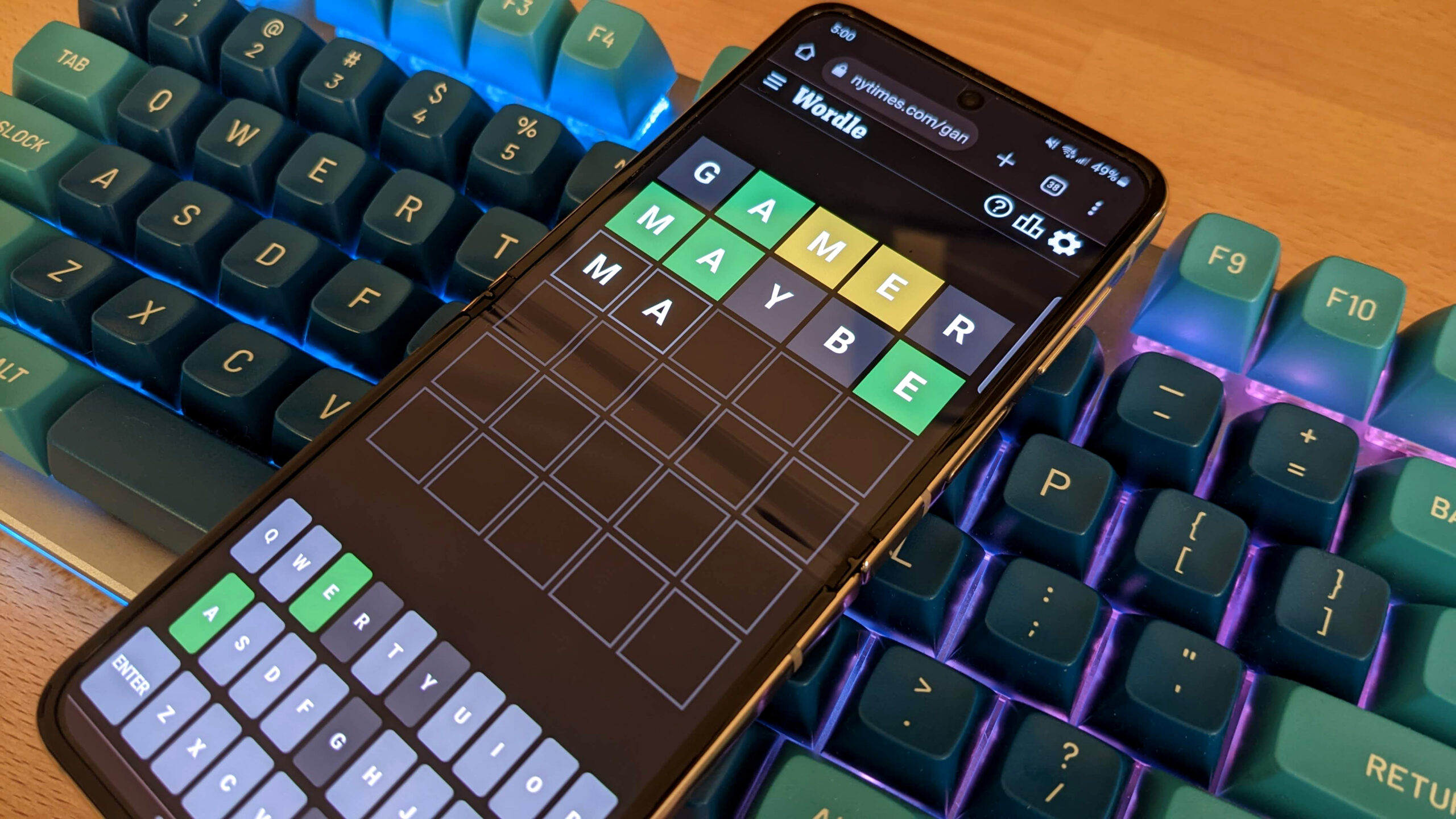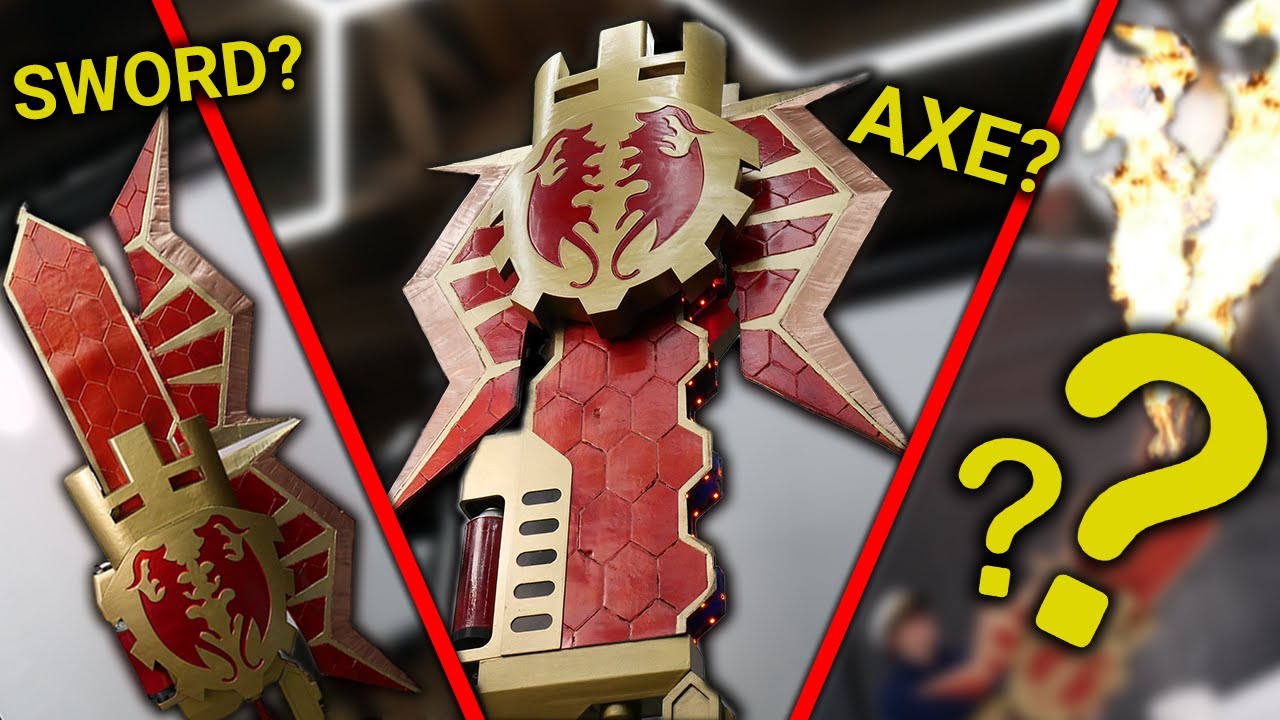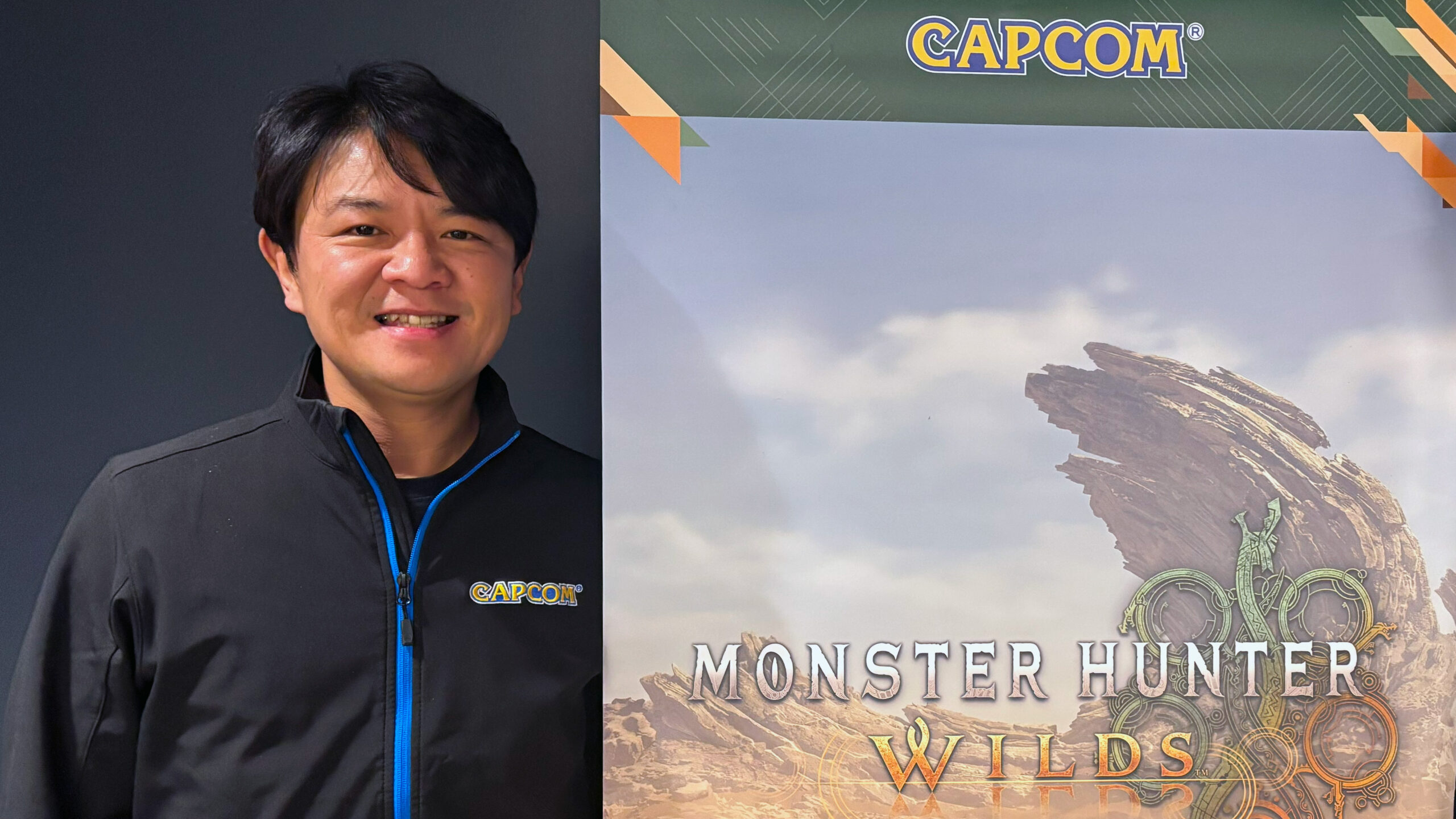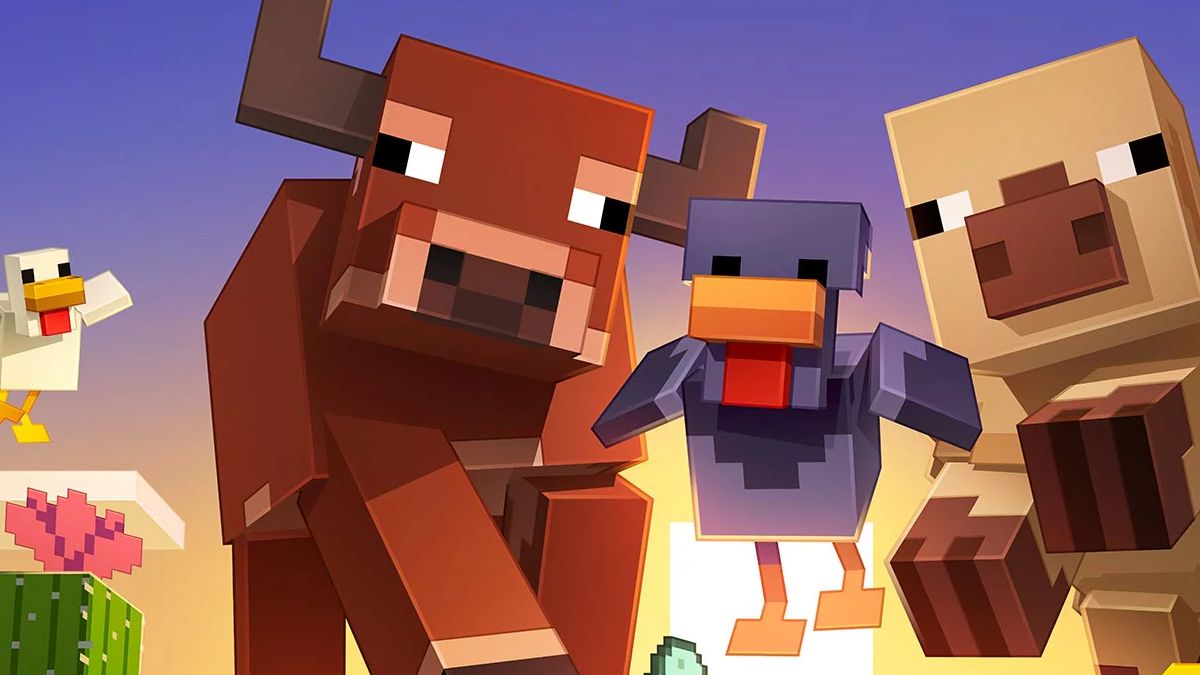It’s been… kind of a weird year for games, all in all.
We’ve had lots of amazing surprises: Dave the Diver surfaced out of nowhere to steal our hearts, Cyberpunk 2077 completed its redemption arc with a flourish, and of course Baldur’s Gate 3 smashed even our already sky high expectations.
But it’s also been a year of remarkable disappointments. As we come to the season of Game of the Year awards, it feels surreal that certain major releases that have been hotly anticipated for years aren’t even in the conversation, thanks to their lukewarm or worse receptions—and that’s before we even get into the multiple full-on trainwrecks.
They say if you don’t learn from history, you’re doomed to repeat it. I don’t think I could take another Redfall any time soon, so let’s have a look back at the year’s biggest disappointments, and see if we can collectively will 2024 to be a bit less rocky.
Starfield
(Image credit: Bethesda)
For five years the gaming community salivated at the prospect of a big, new singleplayer Bethesda RPG. The galactic setting—promising free exploration of nearly 2000 planets and moons—set minds racing, conjuring images of a game orders of magnitude larger than Skyrim ready to consume hundreds of hours of our time.
But then it came out, and it was just kind of… boring? Planet exploration turned out to be hollow and repetitive; space travel was primarily fast-travelling via menus; and the setting felt dry and lifeless. Some liked it more than others, and feelings were definitely mixed on our team, but even our reviewer Chris, who was probably the biggest fan at PCG, ultimately felt it “[fell] far short of the greatness” of Fallout 4 and Skyrim, giving it a respectable but far from genre-shaking 75%.
Most revealing is how much the initial enthusiasm that was there has cooled over time. The subreddit that was once abuzz with defenders is now a pretty solemn place where people talk hopefully about mods fixing an endless list of issues. In less than three months, Steam reviews went from Very Positive to Mixed, and at The Game Awards it didn’t pick up a single win.
I have to admit I never personally had particularly high hopes—I’m not convinced that the modern team at Bethesda has what it takes to innovate in the genre anymore—but even still, if you’d told me at the start of 2023 that the RPG everyone would be talking about all year wasn’t the new Bethesda game, but instead an old school isometric D&D game, I wouldn’t have believed you.
Robin Valentine, Senior Editor
Redfall
(Image credit: Tyler C. / Arkane Austin)
Heading into my first hands-on preview with Redfall, I just took it as read that I was in for a good time. Between its two studios, Arkane’s track record includes some of the best immersive sims of all time, and though Redfall represented a branching out into a new genre—co-op shooter—it looked ready to combine it with all the freeform fun and intricate level design the developer is known for.
I left that preview in disbelief at what I’d just played. The game pitched to me as a rich open world where I could go anywhere and make my own fun while discovering thrilling combat encounters and engaging stories, was instead an empty, dreary town where brainless foes stood around next to explosive barrels and I couldn’t uncover the fun no matter how hard I looked.
Somehow the final launch version managed to be even more underwhelming than this small slice, its flat and half-baked world marred by widespread bugs and performance issues. It was the kind of game that makes you say “How did this even get released like this?” In the end not only did Phil Spencer of Xbox have to directly apologise, but it soon came to light that many veteran team members had quit during development while those that remained hoped the project would get cancelled. A sorry state of affairs, and a black mark against the record of one of our favourite developers.
Robin Valentine, Senior Editor
RTX 4060/4060Ti
(Image credit: MSI)
Given the high prices of Nvidia’s current crop of flagship GPUs, it was no surprise that many gamers were holding out hope for a decent mid-range to budget offering in the form of the RTX 4060 and RTX 4060 Ti. What was surprising (and disappointing in equal measure) was the eventual release of two cards with only 8GB of VRAM, and the frosty reception they received. While Nvidia maintained that 8GB was sufficient—thanks to its higher L2 cache and faster clocks—that didn’t stop it from responding to the poor reception of these new GPUs with a 16GB variant of the RTX 4060 Ti…for $100 more. While at the same time releasing reams of benchmark data to prove the 16GB card performed no better than the 8GB card.
Many took to Twitter furious that Nvidia seemed not to have the best interests of its more budget-conscious consumers at heart. The RTX 4060 and its Ti variant will likely go down as something of a misstep, and perhaps even the moment PC gamers began to turn on Nvidia’s current pricing models and its focus on the high-end GPU market, leaving more mainstream gamers feeling like they’d been left out in the cold.
Andy Edser, Hardware Writer
The Day Before
(Image credit: Fntastic)
The saga of The Day Before is a long and convoluted one, but the gist is that this zombie survival MMO has been one of the most anticipated (and most wishlisted on Steam) games around ever since its first trailer in 2021.
While I think many of us were pretty cynical about the game’s chances, especially given the controversies that dogged its development, it’s clear that there was a huge audience still expecting it to be the zombie game of their dreams when it launched earlier this month. It… was not.
The final product was buggy, empty, and basically not even an MMO. Gamers, journalists, and major streamers alike struggled to find any fun in it outside of cataloguing its bizarre glitches. And then, just four days after launch, the game was removed from sale, and developer Fntastic announced its closure as a studio, citing a lack of funds to continue despite the game’s strong initial sales. A quick and deflating finish after nearly three years of build up.
Robin Valentine, Senior Editor
The ROG Ally’s Achilles’ heel
(Image credit: Asus)
The ROG Ally blasted onto the scene earlier this year with an impressive and shiny custom AMD processor and a will to take the high-end handheld crown. It was an open goal at the time—you had the odd crowd-funded handheld here or there promising to deliver a powerful PC in a pocket-sized chassis, but no one had soundly laid a flag in the high-end portable niche despite Valve energising the entire market with its defiantly budget option.
It really impressed us at launch, too. When Dave checked it out for his ROG Ally review back in May, he called it “the first in line for the Steam Deck’s throne.” He also said of it, “Asus has effectively rendered the top spec Deck obsolete.” That’s thanks to the Ally’s superb price tag of $699, just $50 more than the price at the time for a 512GB Steam Deck.
Then the anecdotal reports started coming in of the Ally eating up SD cards. And they never really stopped. Users across Reddit and the Ally discord server began filing RMAs for faulty SD cards, and later Asus admitted its MicroSD card slot design was at fault.
“After confirmation from internal testing, under certain thermal stress conditions the SD card reader may malfunction,” an Asus representative said.
For an otherwise unblemished and impressive handheld PC, you could excuse Asus for the issue providing a proper fix to address it. To this day, however, no one is entirely sure if new motherboards fix the issue or not. It’s loosely assumed that motherboard revisions since around August to October are less likely to b0rk a card, but you can search the web and find one answer on a Reddit threat and another in a Discord. Asus hasn’t published much more info on the matter. I reached out to Asus to follow up a couple months back and the email chain went cold.
That’s the disappointing bit, really: the lack of clear communication.
I don’t want to yuck anyone’s yum, and if you head to the ROG Ally subreddit there are loads more posts citing how great this little device is than those knocking it for the issue. Asus also seems to be accepting RMAs and repairing devices without fuss, which is good. But why buy this and wonder whether it’s safe to insert an SD card or not when a Steam Deck OLED or a Lenovo Legion Go are suitable substitutes? There are plenty of other options for a great handheld gaming PC today, and I can only see the Ally as a suitable stand-in unless you’re supremely unbothered by it all or scoring yourself an unmissable deal.
Jacob Ridley, Senior Hardware Editor
Destiny: Lightfall
(Image credit: Bungie)
Destiny 2 had momentum behind it coming into 2023. Last year’s expansion, The Witch Queen, garnered huge praise for its campaign. And while the game wasn’t without its issues—its rigid seasonal template chief among them—Bungie was making all the right noises about Destiny’s future. Season of the Seraph, the final season of The Witch Queen’s expansion cycle, was a banger—great weapons, a cool exotic mission and a quality new dungeon. Things were looking up.
That all changed when Lightfall released. The momentum had an effect—Destiny 2 broke its Steam concurrent player record—but those players were treated to an absolute mess of a campaign. The penultimate release of Destiny’s first, decade long act felt like filler—poorly explained and barely relevant. There were other problems too, not least the inconsistent and frustrating way Bungie attempted to increase the game’s difficulty.
Throughout the year, Bungie repeatedly stumbled—most dramatically with a disastrous ‘State of the Game’ post that went down so badly that the game’s director had to step in to do damage control. More recently the studio laid off around 100 employees, next year’s expansion was pushed back to June, and reports emerged suggesting that, if Bungie misses its financial targets by too much, Sony could dissolve Bungie’s board of directors and take full control of the studio.
Which could well explain some of the game’s more baffling decisions this year—not least the absolutely garbage Starter Pack the studio released last month. And yet, despite all this, the game itself isn’t in a terrible place. This year’s seasons have, by and large, been strong—the current Season of the Wish featuring some decent weapons, a great, thoroughly rewarding seasonal activity, and arguably one of the best dungeons Bungie has ever made. But even with that, it’s clear that Destiny 2 is haemorrhaging players. The pressure is on for next year’s expansion, The Final Shape, to deliver, and for Bungie to address the many complaints and present a longterm plan for the future of the game. If it can’t, it may well be the end of Bungie as we know it.
Phil Savage, UK Editor-in-Chief
Bad PC ports
(Image credit: Zerindo on Reddit / Sony)
2023 is the year that we had to give The Last of Us Part 1, widely agreed to be one of the best games of all time, a 50% review score because it got such a ropey port.
Naively, we thought dodgy PC ports of console games were largely a thing of the past; this year, we were proved wrong, as over and over we were disappointed to find the PC versions of excellent games completely hamstrung by technical issues. From Star Wars Jedi: Survivor, to Horizon Zero Dawn, to MGS Master Collection, we’ve had to endure stuttering, fuzzy textures, crashes, and absurd recommended hardware specs where we should be getting the best version of the game.
It was so bad that an article we wrote back in February bemoaning the then nascent trend had to be updated in May to account for all the extra examples that came out… and we’ve only had even more since then. Each has been its own fresh disappointment, but on a broader level it’s simply disappointing seeing companies that we know can do better slide back into seeing PC players as less important customers than those on console.
Robin Valentine, Senior Editor
No surprises in PC hardware
(Image credit: Intel)
It probably seems rather churlish to be complaining about a lack of surprises in the past twelve months of PC hardware releases, but I still can’t shake the feeling that everyone was pretty much just going through the motions in 2023. It’s probably the core components colouring all this for me, with Nvidia, AMD, and Intel all guilty of creating little more than iterative releases with specs and price tags you could have written down on a napkin in January and pretended to be a mystic in December.
The Asus ROG Ally was probably the only surprise of the year. I didn’t expect Asus not to try and sell its own Steam Deck rival at some ludicrous price, but Valve kinda forced its hand and we got a well-priced handheld which outperformed the Deck. But look at what Jacob says above to see how well that turned out.
The graphics cards of 2023 held no shocks, at least none good. Nvidia languidly dropped its mid-range cards this year, with price tags and specs sheets that neither pleased nor surprised anyone. AMD essentially just followed suit, holding onto the green team’s coat-tails trying to match performance and pricing rather than expose any GeForce weaknesses—and there absolutely were some if you’re concerned about video memory capacity.
While we did see the red team drop its best gaming CPU ever—the Ryzen 7 7800X3D—Intel’s tedious Raptor Lake Refresh was still nought but easily competitive with it across the stack.
But what did I expect? I miss the days when you’d get a new piece of PC tech, drop it into a system and be stunned by what it delivered. Yet the cost of hardware development is so high—and the need to please investors with ever spiralling profits—that you will now only get exactly what you expect and pay for. No more, no less, no surprises.
Dave James, Hardware Managing Editor
No release date for the Elden Ring DLC
(Image credit: FromSoftware)
When FromSoftware announced Elden Ring DLC at the start of the year, it was cause for celebration. But we’re now at the end of the year and we’ve still not seen hide nor hair of a release date announcement. After several possible opportunities had come and gone, the last hope was that Shadow of the Erdtree might rear its head during The Game Awards—but alas.
Of course, Souls players have gone feral, reverting to their standard behaviour while awaiting news: boss killing rituals and drawing the darksign on their floors in goat blood. I know this is standard FromSoftware practice, saying nothing until it’s got something good and ready to go. I have absolute faith it will come out before long and it’ll be amazing. Ultimately, no news is good news. But please FromSoftware, give me but a sustaining crumb of Elden Ring news so I can weather these harsh winter months.
And don’t think this has made me forget that we’re still waiting on a release date for Hollow Knight: Silksong too…
Sean Martin, Guides Writer










